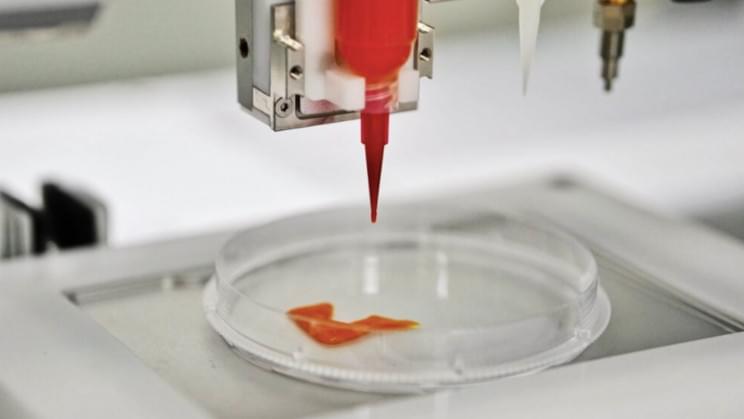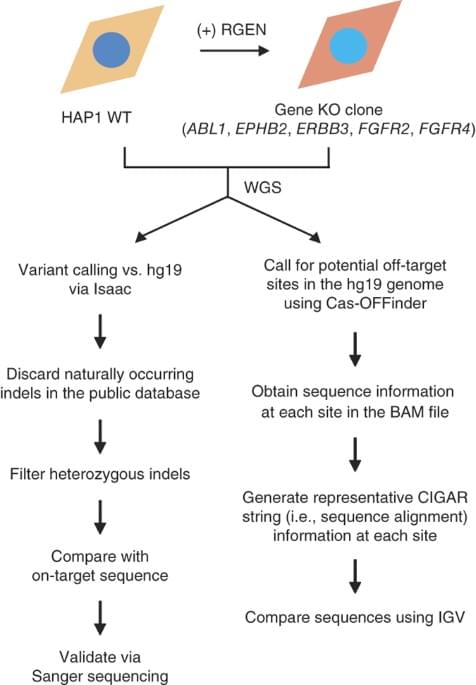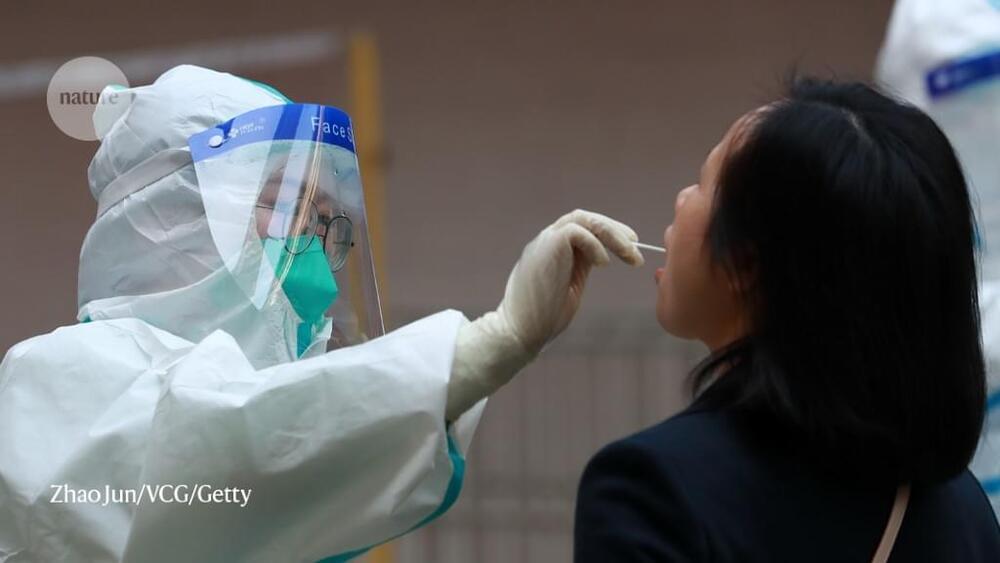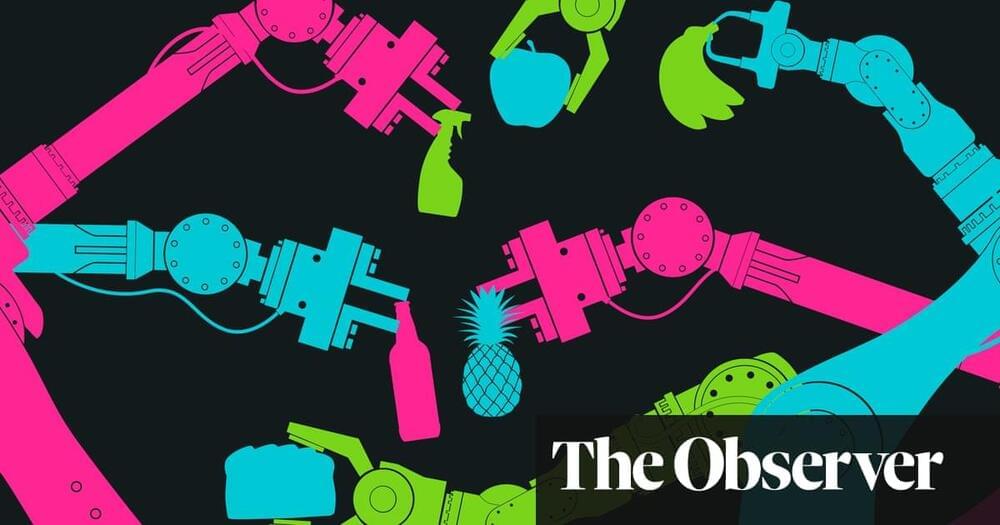Oct 3, 2021
A Chinese Biotech Startup Could Best Conventional Meat Prices by 2025
Posted by Gemechu Taye in categories: 3D printing, biotech/medical
Leveraging 3D printing to make the meat appear more appetizing.
A biotech startup in China recently showcased its lab-grown pork and is aiming for cost-parity with conventionally sourced pork by 2,025 Reuters reported.
Amidst growing concerns of emissions resulting from meat production, countries are looking for protein alternates that can feed their population while also being eco-friendly. Plant-based meats have been around for a while but need further development to stand in as replacements to animal meats. Cultured or lab-grown meats are sourced from animal cells and show a high resemblance to conventional meat but lack production at scale and are expensive to manufacture, making it difficult for consumers to switch. 3D printing to make the meat appear more appetizing.

















